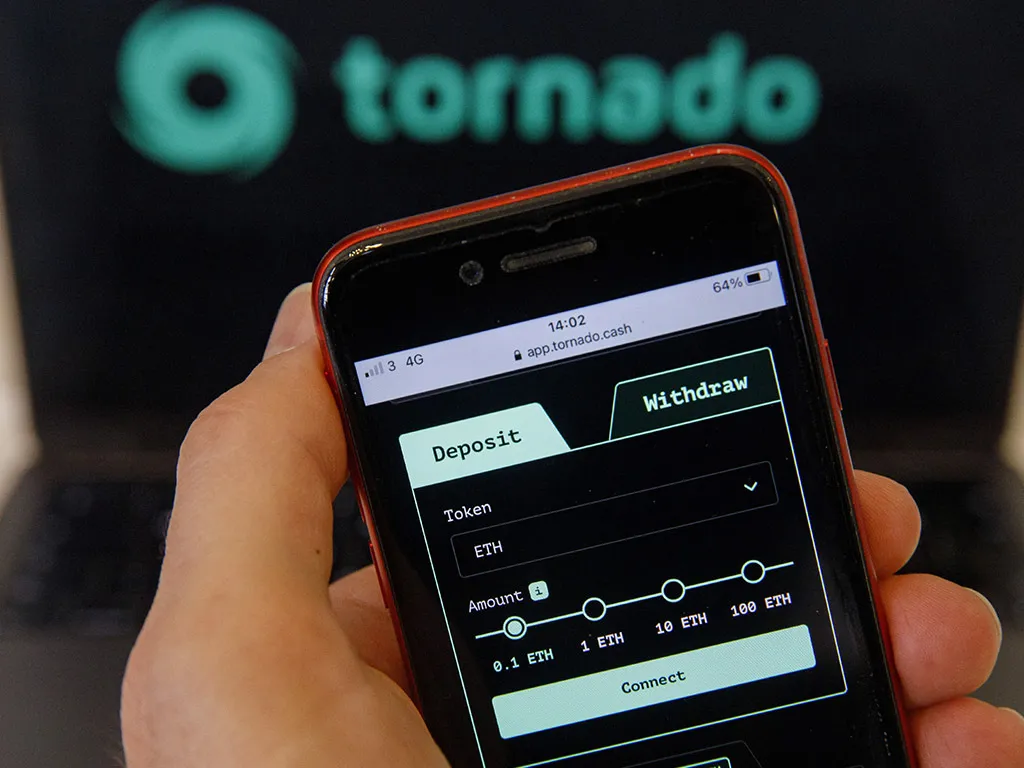Key Points:
- Coin Center questions the indictment of Tornado Cash’s developers for unclear money-transmitting violations.
- According to Coin Center’s Peter Van Valkenburgh, control nuances in Ethereum smart contracts for money transmission are debated.
- The indictment highlights the ongoing need for distinguishing software roles and financial services in the evolving cryptocurrency landscape.
Coin Center, a prominent cryptocurrency advocacy group, has raised concerns over the recent indictment of two former developers of Tornado Cash, a privacy-focused cryptocurrency tool.

Roman Storm and Romen Semenov were charged by the United States Office of Foreign Asset Control (OFAC) for allegedly operating an unlicensed money-transmitting business and other related offenses.
Peter Van Valkenburgh, the Coin Center’s Director of Research, penned an opinion piece criticizing the indictment’s basis. He highlighted the indictment’s lack of evidence demonstrating clear violations of money-transfer laws.
Van Valkenburgh pointed out that the allegations don’t seem to align with guidance provided by the U.S. Financial Crimes Enforcement Network (FinCEN). He argued that Tornado Cash merely offers software for money transmission rather than engaging in the direct transmission of funds.
Regarding the issue of control over smart contracts, Van Valkenburgh emphasized the complexity of the matter. He explained that Ethereum smart contracts offer varying degrees of control, which affects the determination of whether money transmission is occurring.
If a person can manipulate the logic of a contract but lacks independent control over the funds, they might not qualify as a money transmitter.
The government’s allegations also encompassed the defendants’ advertising of the Tornado Cash tool, profiting from a governance token and contributing to its design. However, Coin Center asserted that these activities don’t equate to the acceptance and transmission of money.
As Coincu reported, Semenov had been newly included in the OFAC’s Specially Designated Nationals (SDN) List.
DISCLAIMER: The information on this website is provided as general market commentary and does not constitute investment advice. We encourage you to do your own research before investing.






















